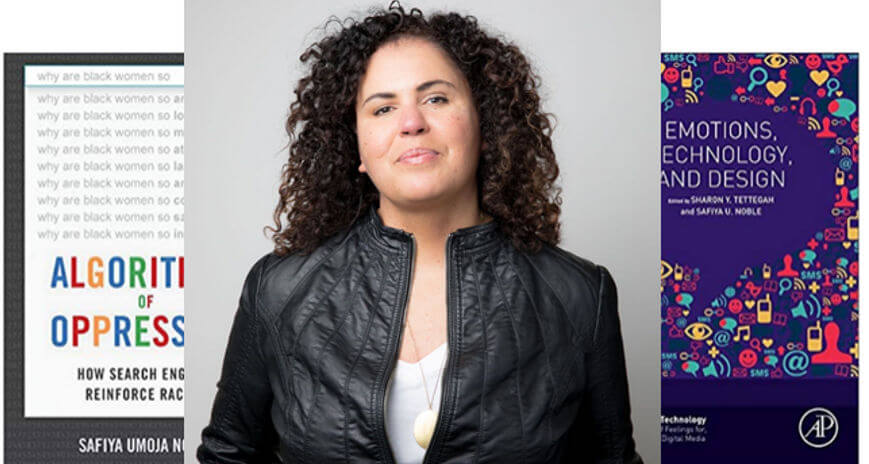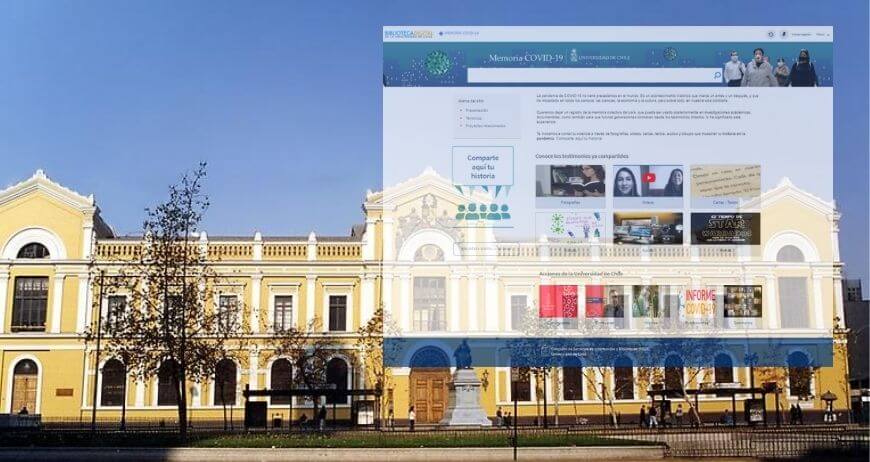Dani Guzman, Product Marketing Director, Ex Libris
As the summer is drawing to a close, the Library Buzz looks at the just-concluded Summer Olympics (no, not the one in Rio). We also note the start of the school year with articles on the role of library media specialists and makerspaces in education today. Then we peer just a wee bit into the future, with news of a tool being developed for preserving our digital history, a call for smart copyright risk management, and a robot making librarians’ lives easier.
The University of Dayton held its first-ever Library Olympics in early August, as reported by the Smithsonian website. The events included both physical and mental challenges, such as a tricky speed sorting event and a campus treasure hunt based on LOC call numbers. Champions were also chosen in such competitions as balancing bound journals on one’s head, running a book cart through a twisty course, and tossing journals toward a target. Go for the Gold here >>>
Makerspaces – collaborative spaces in which to gather and share skills, tools and information for creative activity – have come to American community colleges. As the website of EdSurge notes, nearly half of undergraduate students in the United States are at community colleges, where these makerspaces are taking off. The teachers are volunteers, including professors and students on equal footing, and the spaces they use are any available library rooms. The “maker movement”, as it is coming to be known, is “about community, creativity, and experiential learning.” Enter the ‘makerspace’ here >>>
Jenna Grodzicki writes that “library media specialists foster some of the most authentic learning in schools today,” in a brief, but very persuasive, article in Knowledge Quest, the Journal of the American Association of School Librarians. She explains how library media specialists help schoolchildren today (also mentioning the value of makerspaces – see above) and challenges the “naysayers who don’t appreciate how crucial we are to our schools.” Find out here >>>
The St. Louis Post-Dispatch carried an article in its Education section describing a new research tool under development at Washington University, in collaboration with the Maryland Institute for Technology in the Humanities and the University of California-Riverside. The project is called DocNow and it is designed to collect and curate those digital records of historically significant events that may be lost with time, especially real-time comments, images and interactions on social media. Read more here >>>
On the website of CILIP (the Chartered Institute of Library and Information Professionals), a recent lecture by a member of the Libraries and Archives Copyright Alliance (LACA) is reviewed in depth. In an “excellent talk”, as it was described by the reviewer, Naomi Korn focused on the current balance between copyright related risk and risk management. Although “fair use” remains a somewhat unclear term, Korn does not want libraries shying away altogether from copyrighted material. Our own Leganto Course Resource List solution, for example, uses incorporated tools for mitigating the risk of copyright infringement. Korn also stresses the need for copyright policies and procedures to manage the risk. Read more here >>>
Finally, we may have come full circle back to a focus on the physical and mental demands on librarians. In this case, however, we look at how one of their more menial tasks can be taken over by a newly designed robot. Singapore’s National Library Board, the Library Journal reports, is already using AuRoSS (autonomous robotic shelf scanning system), a robot that systematically scans library shelves for misplaced books and issues a report to the librarian. Meet AuRoSS here >>>
You might also be interested in

COVID-19
Librarianship
April 28, 2021 |
11 min read
Trends in Physical and Electronic Resource Usage in U.S. Academic Libraries

COVID-19
Librarianship
April 09, 2021 |
5 min read
National Library Week: Recognizing Libraries as a Reliable and Resilient Force

Alma
Librarianship
April 06, 2021 |
6 min read
Centralizing, Optimizing and Cutting Costs
Great library experiences start with software
Download whitepaper

Alma
Librarianship
March 09, 2021 |
7 min read
Finding the Best Integrated Library System for Small and Medium Library Collections and Management

Alma
Librarianship
February 16, 2021 |
6 min read
A Small Library Staff Can Do Much More Than You Think

Alma
Librarianship
November 11, 2020 |
5 min read
The Big Challenges of Small Libraries

Community
Librarianship
October 14, 2020 |
3 min read
Diversity, Equity and Inclusion: Dr. Safiya Umoja Noble Chats with Ex Libris

Alma
Primo
Community
COVID-19
Librarianship
August 13, 2020 |
2 min read
A Unique Approach to Memorializing 
